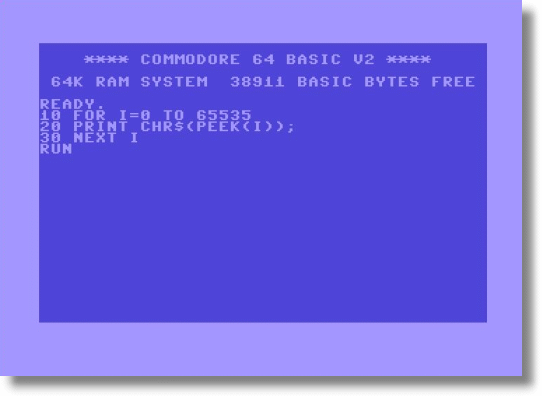 For those of you who thought things couldn't possibly get any worse than they were in October, for those out there that thought December was the absolute bottom...for those who have continued to throw money at the market while telling themelves "the price is so low!"...it got worse today.
For those of you who thought things couldn't possibly get any worse than they were in October, for those out there that thought December was the absolute bottom...for those who have continued to throw money at the market while telling themelves "the price is so low!"...it got worse today.Yes, today many major companies put together a "Happy Monday" party by demolishing some 70,000 jobs in their respective areas. Based on the timing of the layoffs, the Bobs were obviously not involved. One layoff in particular caught my eye today, that of U.S. monster corporation Caterpillar's layoff of some 20,000 employees...no, that's not a typo. CAT had planned to layoff 15,000 employees as of 4Q 2008, but today upped that number to approximately 20% of their workforce. If that doesn't frighten you, you are probably already unemployed.
I was considering my own employment and mortality today after hearing this news and initially thought to myself..."Hey, if I'm going to be broke it might as well be somewhere warm like California." Only one problem: Could I even dump my house? Remember the real start of this mess? You know, the housing market? We're exacerbating the very cause of our own downturn. This cycle is nasty. Layoffs beget lower spending, and lower spending...well, we know what that means.
Blogged with the Flock Browser




